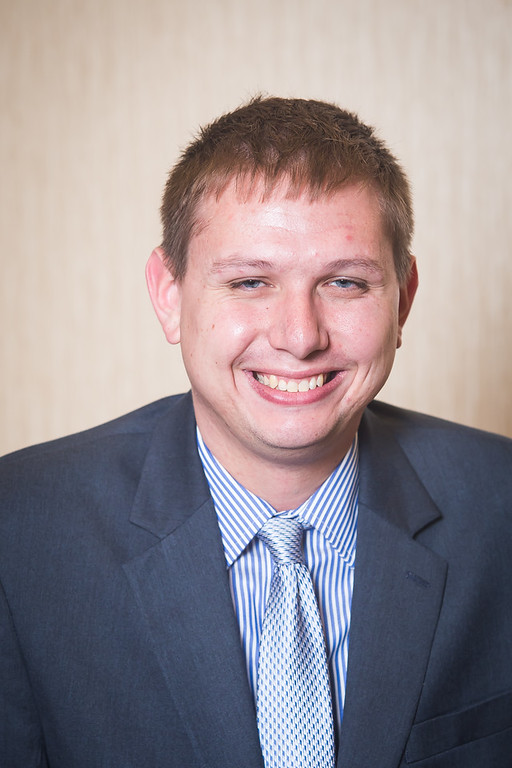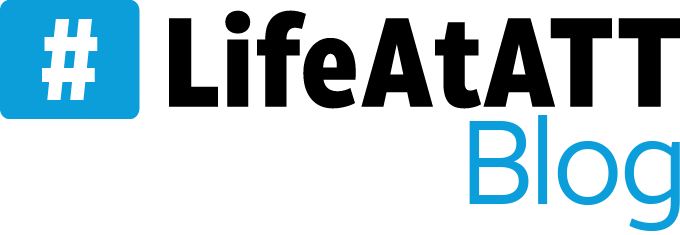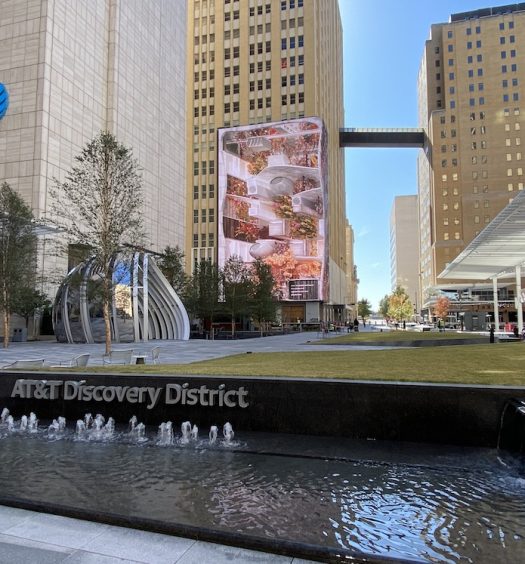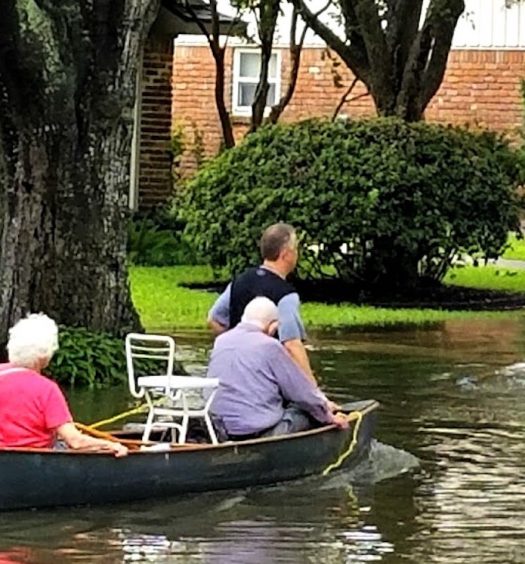
For a year-long period, Benjamin Rosenthal went to more basketball games, hockey games and concerts than he could count – he got the full experience, but it wasn’t as a spectator. As a member of our Technology Development Program (TDP), Benjamin specialized in Wi-Fi projects. It’s thanks to the skills he learned that he spent his workdays in venues you typically wouldn’t consider an office.
“It’s not enough anymore to just go to a sporting event,” Benjamin said about his work’s impact. “We also want to share that experience with our friends.”
The TDP is just one of many programs offered to those looking to develop their technology skills. Participants rotate between roles within a two-year period. The variety of that work can vary greatly depending on the participant’s interest. In Ben’s case, he tackled the Wi-Fi beat starting on day one.
“At first I was nervous. I got a study guide that gave me a basic understanding of what I would do, but until you actually work with it, that’s when it clicks. I just tried my best to learn what I could, and when I didn’t know something, someone was able to help me understand. My boss always knew I could do it, too.”
Working with the 2018 NHL Draft stood out as a highlight for Ben. Communicating closely with his team, Ben was tasked with understanding where connections in the arena were at their strongest… and weakest.
“The players, as you can imagine, usually don’t need to use Wi-Fi during a game. But during the draft, they set up tables for each team on the floor. For this event, we had to make sure the entire arena had Wi-Fi that covered everyone – General Managers, team owners, and others at the table.”
Making the move to smart cities
Ben moved on to the role of Specialized Network Consultant, focusing on Wi-Fi work for Smart Cities projects. Phrases like the Internet of Things – which may sound like the future – were everyday reality for him. His work helps cities save on light pollution through smart lighting that can detect parameters like movement, light, and storm conditions to determine how much light a device actually needs to emit. Another project involves a Wi-Fi update to a transit system for an entire capital city, one that has seven times more network traffic than it did in 2012.
When they’re not working with the latest technology, TDP participants get involved with various volunteering events. So far, Ben’s favorite activity has been working with the Special Olympics to help run a bowling competition.
“There were around 40 volunteers. Some were from our TDP, others were just employees who wanted to chip in. The kids were so excited to bowl that it was infectious! That was a really great time, and it was so rewarding to give back and get such a positive reaction from that involvement.”
Tips for Success
With the program being as flexible as it is, and AT&T having as much opportunity to invest in different roles, it’s understandable that one could feel a little overwhelmed when just starting out. When asked about traits for success, Ben could link it all into one thread.
“The most successful people are very involved. Whether that’s employee groups, social committees or flex force, there are a ton of opportunities. If you have skills that can help other people, you can bring those skills to side projects. The really cool thing about TDP is that if you don’t like the project you’re working on now, you can always rotate to something new.
“Keep that curious mind going and stay interested in what’s going on. Whether that’s with employee groups, social committees or flex force, there are a ton of opportunities. I’m very excited to see where that will take TDP, the company, and my career.”
Learn more about the Technology Development Program



